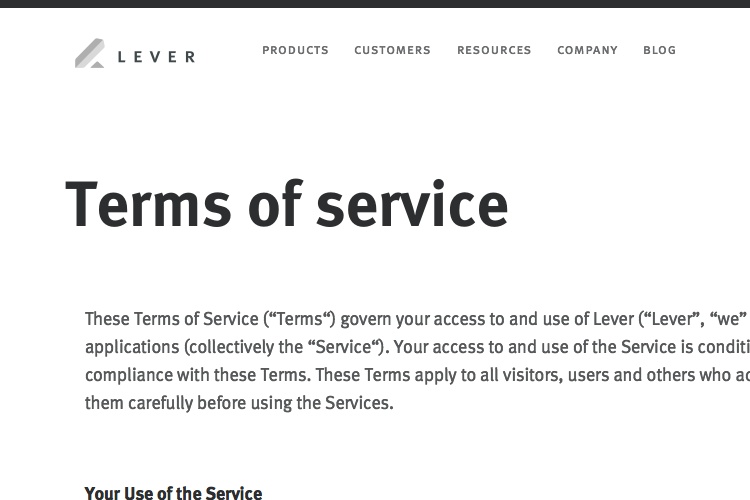Transparency is not always clear. In his paper, Information
Transparency, Floridi talks about one version of Transparency: information
visibility; today we will be talking about the other version mentioned:
information invisibility. This is the more concerning one in our society today
when it comes to the topic of ethics in the ever growing technological world we
live in.
What exactly are companies and apps doing with our
information, are they telling us everything they are doing, and is transparent
as to what is actually being collected? These questions raise many ethical issues
today. One main topic for discussion is: who owns this information, is it the
person who the data is about or once you have given it to a company, in some way,
is it now their property. This is were it becomes very important that companies
and apps are transparent about what is being collected and for what use it will
be put to.
 Everybody has run into scenarios where you have to give
personal information in order to use a technology, for example you name and
date of birth to play certain games. The gaming companies claim they are using
this information to check the user against their age restrictions, but now they
have this data and can use if for other purposes.
Everybody has run into scenarios where you have to give
personal information in order to use a technology, for example you name and
date of birth to play certain games. The gaming companies claim they are using
this information to check the user against their age restrictions, but now they
have this data and can use if for other purposes.
For a lot of apps and web services you have to agree to terms;
but most people accept without actually reading the terms. What are you agreeing
to? This could be allowing companies to use your personal information. This brings
up another issue: is it ethical for companies to create very long and extensive
term and conditions pages, that can be very complicated for their users to
understand.
All of these issues will continue to evolve and split
peoples on what is ethical. However, some of them may be coming to a head, with
the government wanting access to criminals iPhones from Apple and their Facebook
accounts.

Hi Sean, I thought the points and questions you brought up in your post were interesting and worth thinking about. At the start of your blog, you say Floridi talked about information visibility, but then you say we’re going to talk about something else. The post is supposed to revolve around the contents of a reading, but that’s the last we hear of Floridi. Maybe one thing worth talking about is why the terms we agree to might not be considered transparency. There are also many simple grammatical errors, so I suggest reading through the post to make corrections.
ReplyDeleteI like how you tie the reading into a real life example. In addition, I like your use of pictures to guide the reader through the blog. Moving forward I believe your blog would benefit if you mention the reading more than you do at the moment. While you mention Floridi in the introduction, you fail to mention him for the rest of the blog and this does not follow the criteria for the class.
ReplyDelete